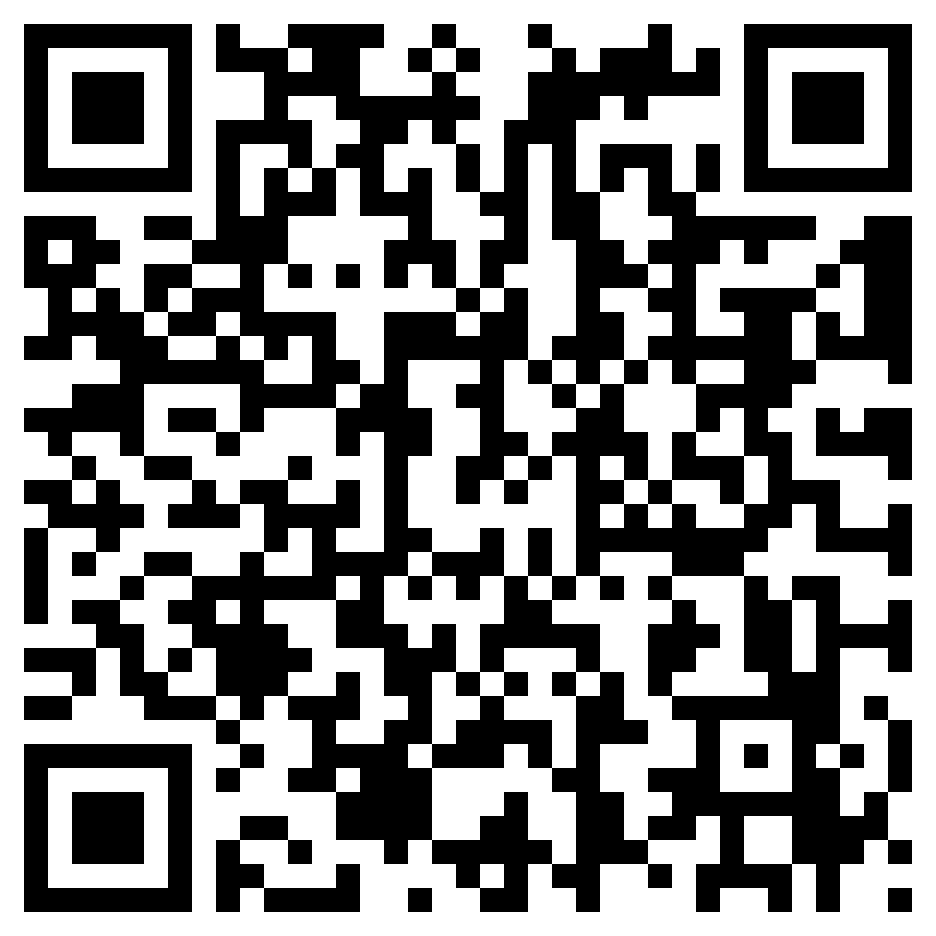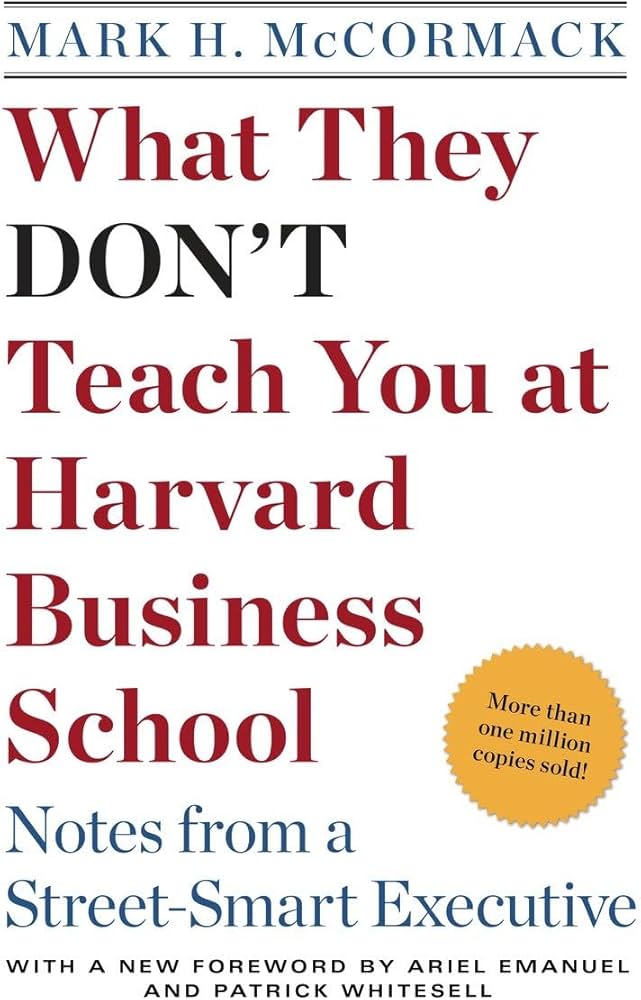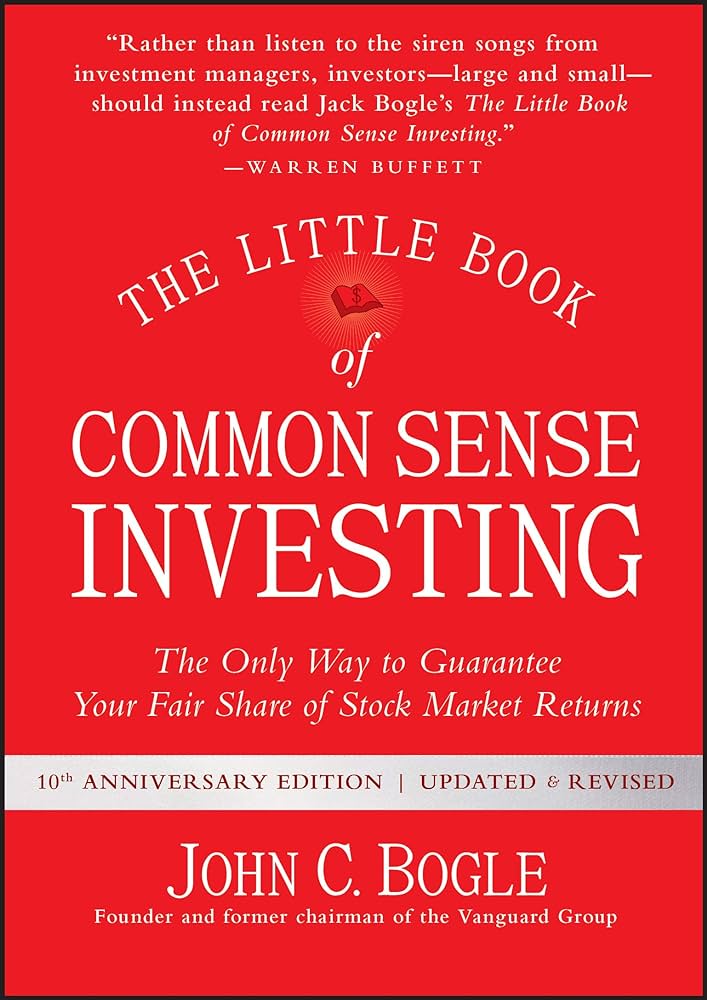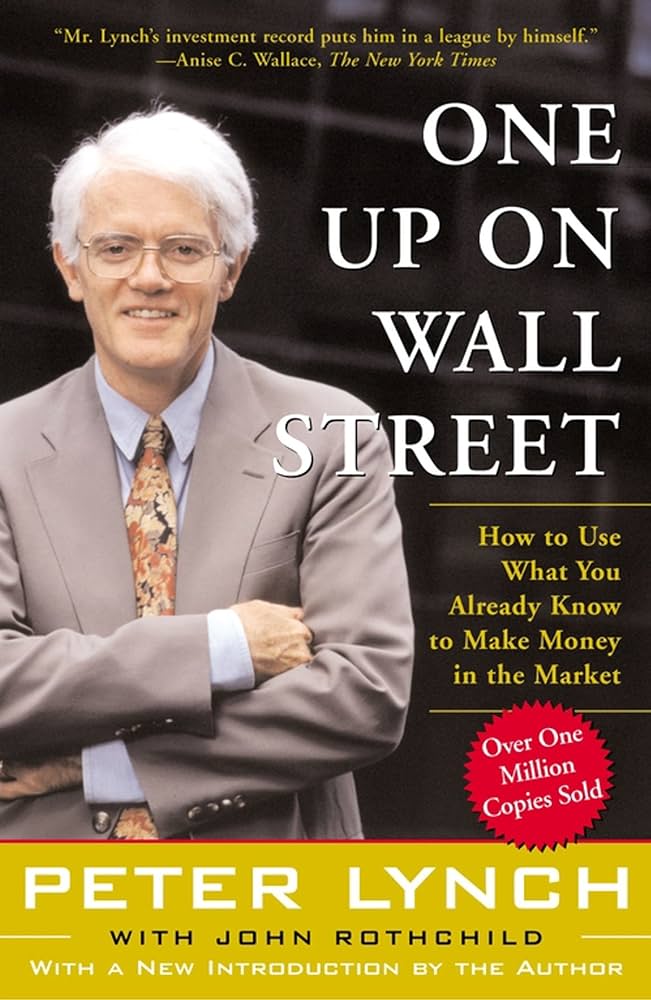Lesson 1. Crazy and Sane.
Finance is taught as a math-based subject in an overpowering way. You are supposed to put data into a formula and the formula tells you what to do next. It is assumed that you will follow this without any questions.
Soft skills are extremely underrated. The same holds true for personal finance as well. We are told to have a 6-month emergency fund and save 10 percent of our salary. This financial planning, however, is not harmful or unnecessary. But despite knowing what to do, we do face multiple hurdles while actually trying to do it.
For the last two decades, the smartest minds from top universities have been showing interest in the field of finance. A decade ago, the most popular major of Princeton’s School of Engineering was Financial Engineering. But there is no evidence that it has made us better investors.
Housel talks about how people spend their money in a seemingly “crazy” way, without pondering upon the consequences. The reason behind this is that, people of different generations, different parentage, different ethnicities, and having different income values, have had different experiences in the job markets. And each of them have learnt very different lessons.
We should not always blindly follow what everyone else is doing. Just because someone achieved huge financial success doing a certain thing doesn't mean the same will happen to you if you follow their path. Everyone has their own unique notion and experience regarding how the world works. And your experience is more compelling than what you have learned second-hand. Therefore, all of us have different perspectives on how money works. What one person believes to be crazy is considered sane by another.
Lesson 2. Dare to be Different.
Luck and risks are codependent. They are involved in every outcome of life. If you dare to take a risk you need luck to succeed. And if luck is all in your favour, then a little risk won't leave a big dent.
NYU professor Scott Gallaway, offering his view on our tendency to judge success, says that the inherent goodness or badness of something is relative.
To strengthen this theory, he uses the example of Bill Gates. Gates studied at one of the few schools to have a computer at that time. The story of how Lakeside School had a computer at that time is impressive.
Bill Dougall, a former navy pilot in the Second World War, pursued a career in teaching maths and science to high school students. Microsoft co-founder Paul
Unlock Knowledge with Wizdom App
Explore a world of insights and wisdom at your fingertips with the Wizdom app.
 1 Million+ App Download
1 Million+ App Download  4.9App Store Rating
4.9App Store Rating 5000+Summaries & Podcasts
5000+Summaries & Podcasts









